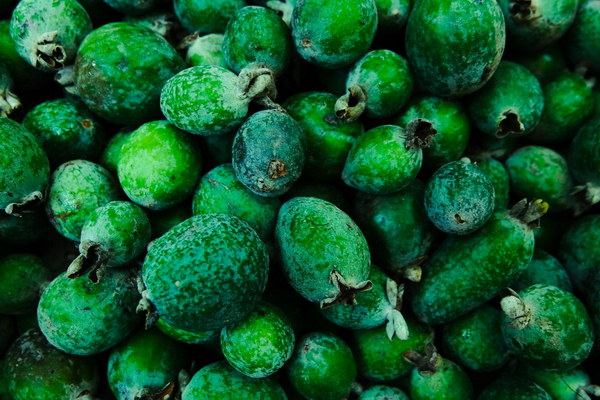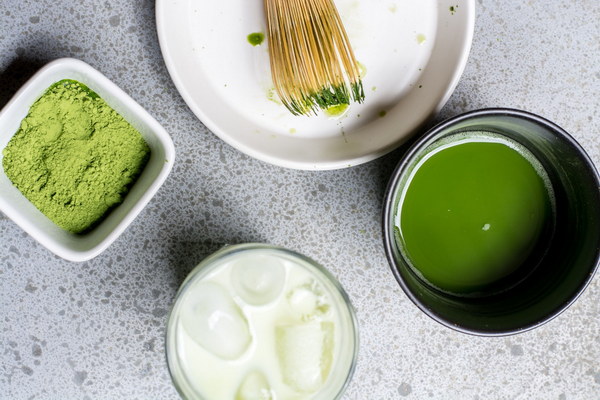Nurturing Your Lungs A Guide to Foods and Remedies for Smokers
Introduction:
Smoking is a well-known health hazard that can lead to serious respiratory issues. However, there are ways to mitigate the damage and support lung health. This article will explore the benefits of certain foods and remedies that can help smokers maintain healthy lungs and improve their overall well-being.
1. Foods That Nourish Your Lungs
Eating the right foods can provide essential nutrients and antioxidants to protect and repair lung tissue. Here are some lung-friendly foods:
a. Garlic: Garlic contains allicin, a compound that has been shown to reduce inflammation and protect lung tissue. Incorporate garlic into your meals, such as sautéed garlic with vegetables or garlic-infused oils.
b. Turmeric: This spice is rich in curcumin, an anti-inflammatory compound that may help reduce lung inflammation and improve lung function. Add turmeric to your cooking or consume turmeric milk.
c. Green Leafy Vegetables: Dark leafy greens like kale, spinach, and collard greens are packed with vitamins, minerals, and antioxidants that can support lung health. Include these vegetables in your salads, sandwiches, or smoothies.
d. Berries: Berries, such as strawberries, blueberries, and raspberries, are high in antioxidants that can help protect lung tissue from damage. Enjoy these delicious fruits as a snack or add them to your breakfast cereal or yogurt.
e. Almonds: Almonds are a great source of vitamin E, which has been linked to better lung function. Snack on almonds or sprinkle them over your salads and oatmeal.
f. Fish: Fatty fish like salmon, mackerel, and sardines are rich in omega-3 fatty acids, which can help reduce inflammation and improve lung function. Aim to include these fish in your diet at least twice a week.
2. Herbs and Supplements for Lung Health
In addition to consuming lung-friendly foods, some herbs and supplements can help support lung health:

a. Milk Thistle: This herb contains silymarin, a compound that may help protect liver function and improve lung health. Milk thistle can be taken as a supplement or added to smoothies.
b. Quercetin: This bioflavonoid has anti-inflammatory properties and may help reduce lung inflammation. Quercetin is found in onions, apples, and red wine. You can also take it as a supplement.
c. Magnesium: Magnesium is an essential mineral that can help reduce lung inflammation and improve lung function. Foods rich in magnesium include almonds, spinach, and bananas. Magnesium supplements are also available.
3. Remedies for Lung Support
Apart from dietary changes, there are some natural remedies that can help support lung health:
a. Steam Therapy: Inhaling steam can help open up airways and relieve congestion. Fill a bowl with hot water and add a few drops of eucalyptus oil. Drape a towel over your head and breathe in the steam for several minutes.
b. Deep Breathing Exercises: Practicing deep breathing exercises can help improve lung capacity and reduce stress. Try techniques like diaphragmatic breathing or pursed-lip breathing to enhance lung function.
c. Yoga: Yoga can help improve lung capacity, reduce stress, and increase oxygen flow throughout the body. Incorporate yoga into your routine to support lung health.
Conclusion:
As a smoker, it's crucial to take steps to protect your lungs and improve your overall health. By incorporating lung-friendly foods, herbs, supplements, and natural remedies into your lifestyle, you can help reduce the damage caused by smoking and support your respiratory system. Remember, quitting smoking is the best way to ensure long-term lung health.









